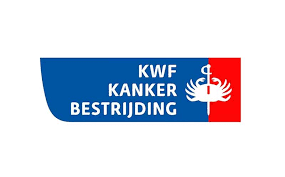Summary:
The use of immune modulating agents to “wake up” the immune system in patients is a remarkable breakthrough in cancer treatment and was recently recognised with the Nobel Prize in Medicine. But despite their sophistication, only a minority of patients (e.g. 20% of melanoma and lung cancer) benefit from these new drugs.
The causes of treatment failures are immensely complicated and multifactorial, but have been shown to include, amongst others, patient gut microbiota, tumour penetration by the drug, tumour immunogenicity and tumour checkpoint ligand expression. In addition, the current systemic method of administering these drugs causes severe, autoimmune-like adverse effects in a significant number of patients (27% of melanoma patients treated with ipilimumab, 55% when combined with nivolumab). This is an unfortunate but logical consequence of inhibiting immune suppression throughout the whole body as opposed to only at the tumour site. While systemic exposure can cause serious, treatment-limiting adverse effects, for some immunotherapeutics maintaining high doses at malignant sites is an absolute requirement for therapeutic effect. A precise method for the continuous delivery of these drugs to the site of malignancy is required if they are to realise their true potential.
THE SOLUTION
Effective treatment depends on delivery of the correct combination of therapeutic agents at the malignant site, with minimal effect at healthy sites in the body. The proposed project aims to build on the proof of principle established in the Trojan Horses high risk project: that tumour-colonising Clostridium bacteria can continuously secrete high doses of biologically active therapeutics exclusively at the tumour site. When fully developed, patients will be injected with spores of the engineered Clostridium that express a specific set of checkpoint inhibiting (“brakes off”) and immune stimulatory (“accelerator on”) molecules to boost the immune reaction. Upon injection, the non-immunogenic, metabolically inactive spores will germinate and thrive solely in the necrotic regions of tumours, where these vectors can express and produce therapeutic agents at the site of action. As such, the bacteria act as cellular factories inside the tumour, where they can continuously manufacture a patient-specific range of immunotherapeutic agent.
HYPOTHESIS
We hypothesise that the full potential of current immunotherapies can be realised through a more intelligent method of delivery to the tumour. Recombinant Clostridium, engineered to express genetically encoded therapeutics, will colonise solid tumours from where they will secrete cytokines and antibodies directly into the tumour micro-environment. Due to the precise nature of this “delivery vehicle”, the systemic toxic effects observed in all current immunotherapies will be prevented.
Investigators: prof. Philippe Lambin (PI) and Tom Bailey (co-PI), dr. Ludwig Dubois (co-PI), dr. Jan Theys (co-PI), (alphabetical order)


